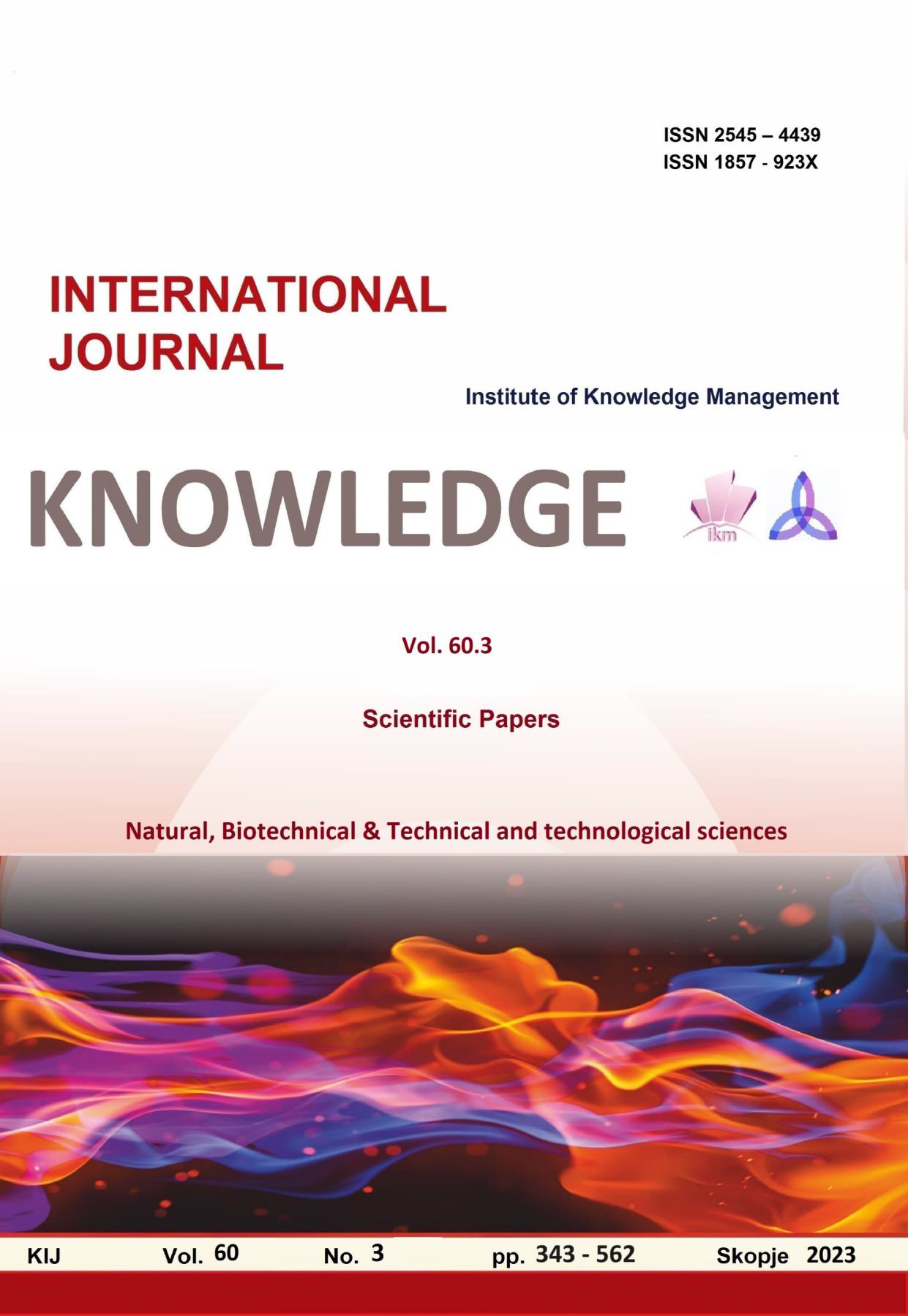WASTE MANAGEMENT IN HOSPITALITY FACILITIES WITH A SPECIAL REFERENCE TO THE OBJECTS OF VEGAN NUTRITION
WASTE MANAGEMENT IN HOSPITALITY FACILITIES WITH A SPECIAL REFERENCE TO THE OBJECTS OF VEGAN NUTRITION
Author(s): Denis Stojkanović, Zdravka Petković, Radica Jovanović, Vladimir GrdinićSubject(s): Economy, Energy and Environmental Studies
Published by: Scientific Institute of Management and Knowledge
Keywords: Waste management;types of waste;food waste;waste reduction;waste recycling
Summary/Abstract: Nowadays, vegan facilities prepare a variety of food. Due to insufficient knowledge of food standards or preparation of a larger number of portions than specified, there is an excess of food that turns into waste. By throwing food waste in nature, it directly affects the environment and nature, where it appears as a cause of climate change. The prevention of waste reduction is the preparation of small portions of food. Another way is waste recycling, as well as reuse. In this research work, the focus is primarily on food waste, which is an integral part of municipal waste. Of the total waste produced in the European Union, 10% is municipal waste, which is generated in households, schools, hospitals, and catering facilities. Most of the food waste that is thrown away is still usable for human consumption, and the rest should be used as feed for animals or plants. Waste management includes the activities of collection, transportation, recycling and disposal and other waste processing. Food is lost throughout the entire food supply chain. In the catering sector, the average food loss is around 20%.
Journal: Knowledge - International Journal
- Issue Year: 60/2023
- Issue No: 3
- Page Range: 461-466
- Page Count: 6
- Language: English

